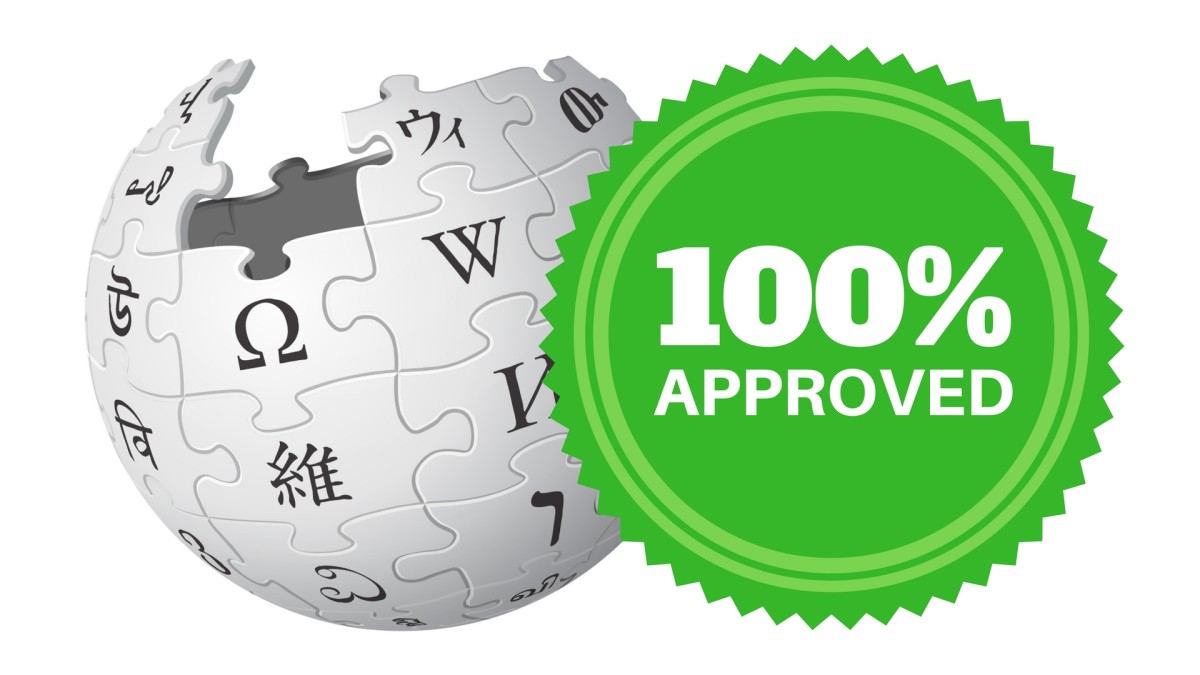Top 10 Types of Web Content
Before we get into the top types of web content, it's important to understand the two broad categories of web content: current and evergreen. Current content includes news (sometimes with commentary), contests, announcements, or anything else that has a time value. In other words, it's only useful for a limited period of time. Evergreen content provides value for a long period of time. Take a look at the characteristics of the two types of web articles.
Evergreen Articles VS Current Articles
(Adapted from: Evergreen Content: What It Is & Why It's Valuable)
Current Articles
News and opinion writing are both characterized by the following:
- May assume the reader is a regular to the site, or even a regular follower of the particular writer (i.e. "As you remember from my column yesterday...", or "The Business section goes into further detail...").
- The topic has only temporary value-the topic might be meaningless a few months or even weeks later.
- May have a huge spike of traffic on the day of publication...and virtually none after that. A flash in the pan.
- Reader might only have a passing interest in the specific article topic; they are more interested in keeping up to date with the general topic area, or they might like a certain writer's style or opinion
- Because they have only a passing interest in the article topic, readers are much less likely to click on ads or offers. It's more of a "That's kind of interesting" or "Nice to know" reaction. And yes, we all need to be concerned with advertising because this is what finances most of our work, whether or not we are paid a flat fee or a percentage of ad revenues.
Evergreen writing, on the other hand, conforms to a different standard:
- Does not assume the reader necessarily understands, cares about, or knows anything about what was published before by the writer, or anything else on the site.
- Readers have an intense interest in the specific article, because they went to Google, Yahoo or another search engine looking for that specific piece of information.
- The topic might not necessarily be "hot" (i.e. it's not breaking news) but people will be curious about it weeks, months, or even years later, in smaller quantities.
- Traffic starts off small and grows over time as the search engines learn about it and direct searchers to it.
- Because readers have an intense interest in knowing as much as possible about that topic, they're much more likely to click on ads. They're thinking "I need to know more" or "I'm ready to buy-where can I get it?"
- Often expresses opinion in a "benefits to the reader" format (ex: How and When to Stop Breastfeeding)
Top 10 Types of Internet Articles
Now that the broad categories are clear, we are ready to look at the Top 10 Types of Internet Articles. You'll see the broad category in parentheses.
1. News - straight reporting based on hot topics; see Google Trends or traditional media outlets (Current)
2. Commentary - current events infused with related opinion or advice (Current)
3. How To - instructional article that often includes opinion, expert or otherwise (Evergreen) Ex: How to Raise Financially Savvy Kids
4. Best of - list of resources targeted to a specific topic (Current or Evergreen)
5. What Is - educational post designed to give an in-depth coverage of the topic covered (Evergreen) Ex: What is Stolle Milk?
6. List - commonly a Top 10 or Top 5, X Number of Reasons to.... (Current of Evergreen) Top 7 Baby Items You Don't Need to Buy
7. Roundup - list of links to other websites (Current or Evergreen)
8. Reviews - book or product reviews (Current AND Evergreen)
9. Interviews or Profile - the higher profile and more unique the personality the better (Evergreen) Ex: Kate Gosselin, Hero No More
10. Personal Stories - focused on anecdotes, can be very effective when structured as a benefit to the reader (Evergreen) Ex: I Breastfed My Four-Year-Old and It was Okay
Learn More
Everything you ever wanted to know about writing online (and off):
- ProBlogger
- CopyBlogger
Scannable and Useful Content is King
Whether writing current or evergreen content, it must be both useful and scannable.
Darren Rowse of Problogger says that the best blogs or websites are USEFUL! We need to make sure we are adding value for the reader in a way that goes beyond covering the news or providing our opinions. We often need to give them ACTIONS THEY CAN TAKE to make their lives better or easier right away.
Scannable content is just what you think. It caters to the short attention span of today's internet consumer and facilitates a quick assessment of whether or not the reader will take the time to read the entire text. Some characteristics of scannable content:
- Headings (preferably including keywords, but that's another topic)
- White space - seriously, make it look easy to read
- Bulleted lists
- Short paragraphs
- Images
- Breakout boxes (we can do this with the "quote" function)
If you're at all familiar with business or technical writing, writing scannable web content is very similar.








